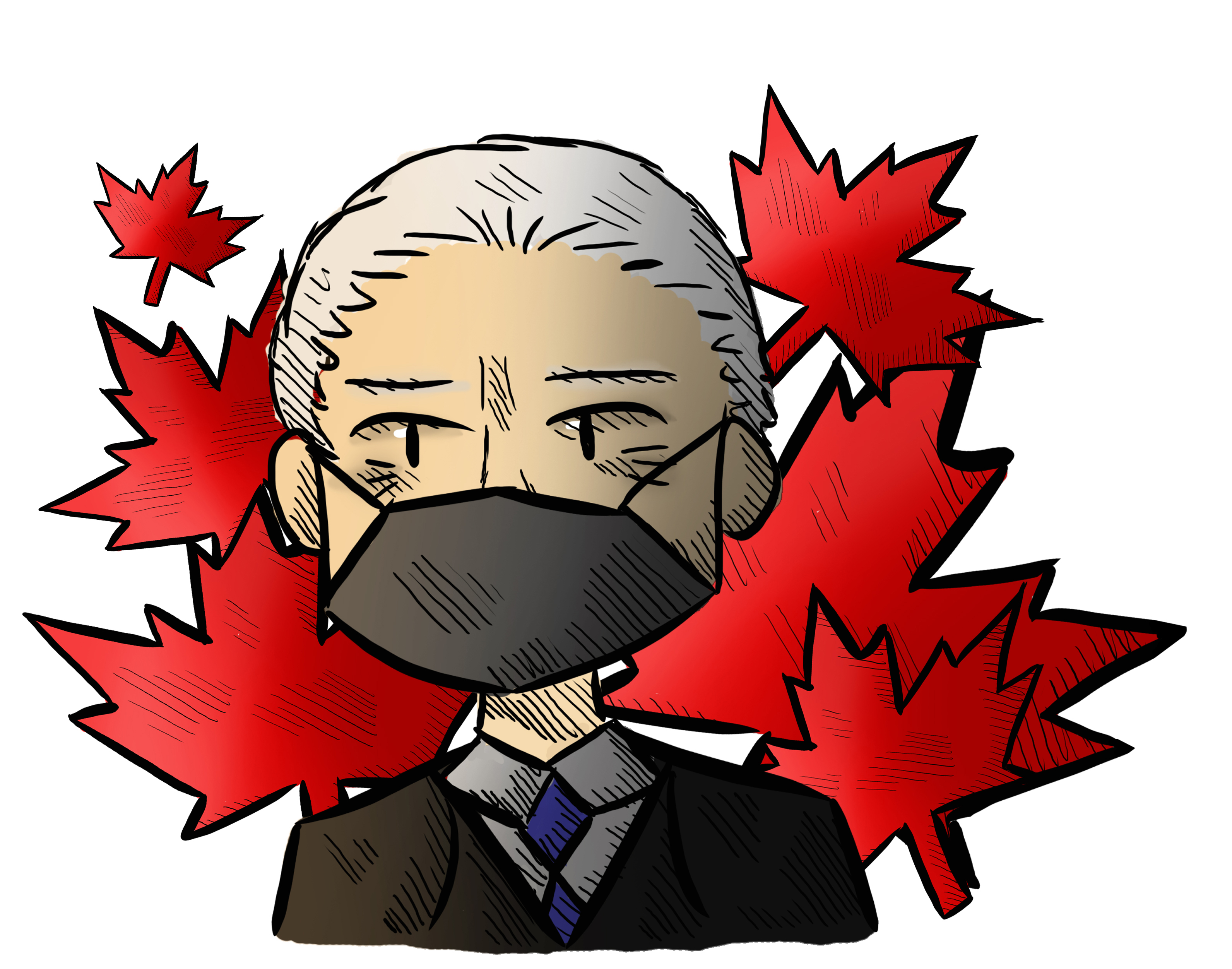
Would enforced nudity wreck Wreck Beach?
By Jamal Al-Bayaa, Staff Writer
On July 21, the Vancouver Sun published an article that stated nudists (naturists) at Wreck Beach have been trying to enforce nudity at the clothing-optional beach. They were even reported to have put up signs saying that all visitors must be nude in order to use the premises. In order to enforce the made-up regulation, naked beach-goers (often men) have been approaching clothed visitors (often women) and requesting that they take their clothes off, because Wreck Beach “is for nude visitors only.” The RCMP has received numerous complaints from people stating that they have been told to take their clothes off at the beach.
Should Wreck Beach ever truly become nude-only, it’ll be enforced the same way it already is, with somebody walking up to someone else and making them feel uncomfortable enough that they strip down. I’d like to remind people that this is—at the time of writing—illegal. Approaching someone and saying they’re not welcome in an area unless they take off their clothes is sexual harassment. So these aren’t just complaints, these are reports of harassment, and they’re going unnoticed because of the tricky political landscape that makes Wreck Beach a simultaneously tense and worthwhile place to have in Vancouver.
After reading interviews and hearing the opinion of naturists, I think that the idea that Wreck Beach should be nude-only mainly comes from a sense of entitlement shared among naturists. Throughout various articles available online, the group maintains a consistent theme in their opinion on Wreck Beach. “It’s our beach” is what is said in one way or another, often by heads of naturist clubs in BC. I do not mean to say that all naturists think this way, just that it is the common belief among those who are pushing for Wreck Beach to be nude-only.
Naturists advocate for increased nudity due to beliefs that it improves self-confidence and is a healthy endeavour. There’s something to be appreciated in a space where everybody can be accepted exactly as they are. Body shaming in Wreck as a result of nudity is as taboo as shaming one of the minority groups that finds a home in Vancouver’s all-inclusive society.
Vancouver is all-inclusive, whether you prefer the textile or natural look. Maybe we’re not all-inclusive everywhere, as nudity is illegal in public, but major strides have been made on the whole. Being topless is legal, male or female, because if a man is allowed to be topless and a woman isn’t, that’s sexual discrimination. Wreck Beach is one of the ways that the very architecture of our city reflects those modern ideals. But forced nudity is not what all-inclusive is all about.
People advocating for total nudity at Wreck Beach should remind themselves that clothing-optional was a major step towards an all-inclusive ideology, and that trying to change that now is running counter to that model. America and Britain are two recent examples of what happens when you try and segregate. People get divided and turn against one another.
As tempting as it is to jump into the us-versus-them mentality of living in big cities, progress is only made when people step back and accept everybody and every body. Wreck Beach is about more than whether or not a beach should be nude or clothing-optional. It’s a debate about whether or not everybody should be accepted everywhere. We should all choose respect. When naturists ask people not to come simply to gawk at them and take pictures (which they’ll throw your camera in the water for, supposedly,) that should be respected. But for anybody who wants to use the beach, they should be welcomed too, whether they wish to do so clothed or in the nude.

